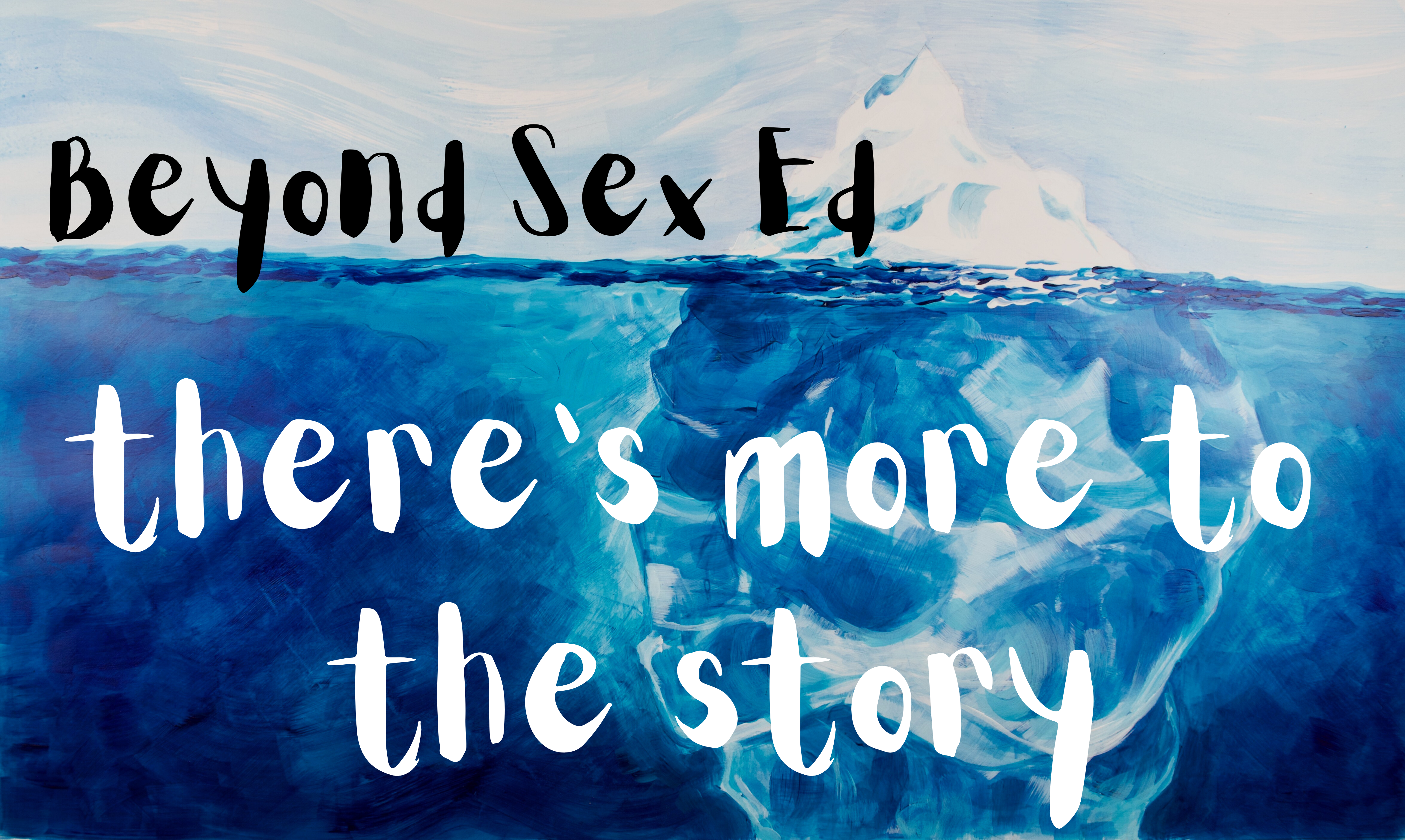Each quarter, Brianna Booth, director of positive sexuality, teaches a class where students talk about sex, sexuality, intimacy and relationships by telling their own stories. Stories reveal the reality of a hidden culture in which students care, a lot. Students contend with unexpressed feelings, silenced desires, big love, big pain and searing heartache. This series is dedicated to sharing that reality — together, we’ll build a more intimate world. Read the introduction to the series here.
“Living out loud for us is about representation. It’s about having possibility models, and having hope that love is part of our inheritance in this world, too.” – Kim Katrin Milan
As I continue listening to this TED Talk assigned for homework, I feel a chill down my spine as I sink into my cold, wooden chair at my desk in my childhood bedroom. I never considered that a remote class taught over Zoom could reach out and pull my deepest insecurities toward the light of revelation.
As a queer transgender woman of color, I’ve managed a never-ending struggle with wanting to feel represented. Having attended an all-boys, majority-white school for most of my life certainly didn’t help that, but even beyond this, there was no one who looked like me to look up to in mainstream America.
I pretended that society sees me as worthy and human, yet I knew deep down millions of people would rather I don’t exist because of who I am. People like me don’t exist in society, and therefore I didn’t have a story worth telling.
As I sit in the first week of StoryCraft, a hands-on class for constructing personal stories and sharing them in front of a live audience, Brianna Booth and Kane Zha, instructor and TA respectively, share their stories on sexuality and intimacy. I am at a loss for words. They tell their stories with such conviction, such truth, such vulnerability. I want to be just like them. Still, I doubt that I’ll ever get to a point like that. I don’t have a story to tell anyway, let alone an audience who’d ever want to listen to me.
Week two comes, and I’m drawn into exercises in class with rapid-fire questions. I answer questions like: What’s your experience with heartbreak? What’s loneliness like for you? How do you feel naked? What’s your experience with saying “I love you?” My visceral reactions to these questions start to bring clarity to all the experiences I’ve had: maybe I do have a story to tell.
As the weeks pass, I start to put together a story. I set myself in the scene of “Freshman Fall Alexa,” uncertain if people truly believe I’m a woman, vulnerable to feeding off any attention people give my femininity, and falling into the trap of prioritizing how people see my gendered body over how they see my intrinsic humanity.
Even by the end of the quarter, though, things still aren’t clicking within me. I’m unsatisfied because my story doesn’t convey the nuances of my life, but more importantly, I still truly believe that my story is irrelevant. My queerness is repulsive to the masses — who would ever want to hear this story? I might care about it, but why would anyone else?
Before the final performance, Brianna sends a final e-mail. At the very bottom, she states, “It’s not your responsibility to manage what the listener is going to think or feel. Your responsibility is to speak your own truth.”
These small words of encouragement flip my perspective. Both within my story and in my attempts to tell my story, I had fixated on proving myself to others rather than being true to myself. I reread Brianna’s message dozens of times. Regardless of what other people take away from what I say, I do exist, and I have a truth to speak.
I step into the virtual limelight. The confusion that I’ve slowly pieced together through my quarter solidifies into a five-minute long, soul-bearing outpouring of my deepest truths. I express my humanity in words I never thought I could. Friends and strangers alike clap on the Zoom window, and the chat is flooded with beautiful messages. If only week-one Alexa could see me now!
In 10 weeks, I have learned to trust myself, to see the beauty in vulnerability, to feel the power of a truthful story. To laugh, to cry, to empathize, to listen. To feel like I deserve to take up space. And to allow myself to do just that.
Stories like mine matter — I refuse to keep mine silent any longer. It matters to my white queer friends who haven’t experienced the intersectionality of race and sexuality that I have. It matters to the transphobic people who can still acknowledge a shared humanity with me. In a time of revolutionary social change spearheaded by the Black Lives Matter movement, transgender voices of color are critical in propogating change.
And most importantly, it matters to the young queer trans woman of color that I once was, that so many others are, lost in the dark without a single guiding light.
Contact Alexa Ramachandran at arama ‘at’ stanford.edu.
This is the fourth in a multi-part series. Read the introduction here.
The Daily is committed to publishing a diversity of op-eds and letters to the editor. We’d love to hear your thoughts. Email letters to the editor to eic ‘at’ stanforddaily.com and op-ed submissions to opinions ‘at’ stanforddaily.com.
Follow The Daily on Facebook, Twitter and Instagram.
